
Deutsch-Chinesische Enzyklopädie, 德汉百科
 Israel
Israel

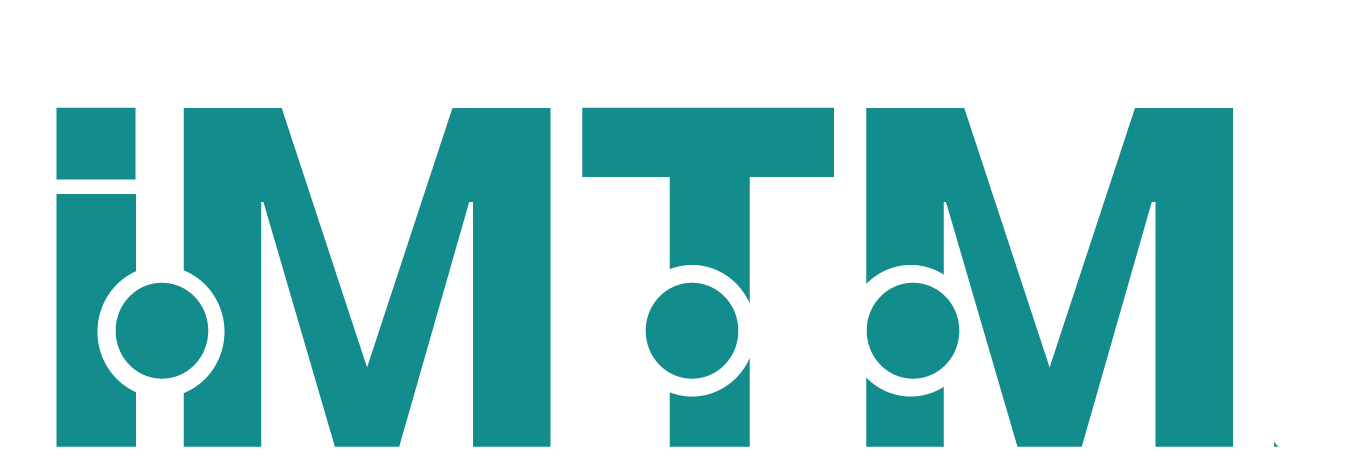

伊斯兰教是与佛教和基督教并列的世界三大宗教。公元七世纪初诞生于阿拉伯半岛。它是由伊斯兰教的先知穆罕默德所创,目前世界上有10亿多信徒,他们大多分布在阿拉伯国家,以及中非、北非、中亚、西亚、东南亚和印度、巴基斯坦、中国;有些国家还以伊斯兰教为国教。
伊斯兰教诞生于阿拉伯半岛的社会大变动时期。四方割据,战乱频繁。内忧外患,危机重重。在宗教信仰上,原始宗教盛行,人们崇拜自然物体,并且各个部落 都有自己的神,同时,犹太教和基督教也开始向半岛传播,但它们的学说并不适合这种形势。因此实现半岛的和平统一和社会安宁是阿拉伯社会的出路。这时候先知 穆罕默德出现了,他以"安拉是唯一的真神"为口号,提出禁止高利贷,"施舍济贫""和平安宁"等主张,反映了当时社会的要求。伊斯兰教就是在这样一个转折 的时刻诞生的。
(Quelle:http://cn.netor.com/know/islam/islan1.htm)
伊斯兰教(阿拉伯语:الإسلام, al-’islām;发音:[ʔislæːm] ![]() 聆听[注 1])又称回教、清真教、回回教、天方教、大食法、大食教度,伊斯兰教是以《古兰经》和圣训为教导的一神教宗教,也是世界三大宗教之一。《古兰经》被伊斯兰信徒(穆斯林)视为造物主安拉命天使给其使者逐字逐句的启示,而圣训为造物主最后的先知穆罕默德的言行录(由同伴们转述收集)。伊斯兰这一名称来自《古兰经》,源自闪语字根S-L-M,意为“顺从(造物主)”;实际上穆斯林(伊斯兰教徒)的名字也来自这个字根,意为“顺从者”、“实现和平者”。
聆听[注 1])又称回教、清真教、回回教、天方教、大食法、大食教度,伊斯兰教是以《古兰经》和圣训为教导的一神教宗教,也是世界三大宗教之一。《古兰经》被伊斯兰信徒(穆斯林)视为造物主安拉命天使给其使者逐字逐句的启示,而圣训为造物主最后的先知穆罕默德的言行录(由同伴们转述收集)。伊斯兰这一名称来自《古兰经》,源自闪语字根S-L-M,意为“顺从(造物主)”;实际上穆斯林(伊斯兰教徒)的名字也来自这个字根,意为“顺从者”、“实现和平者”。
信仰独一且无与伦比的安拉,并认为人生的唯一目的是崇拜或顺从安拉;伊斯兰教认为安拉在人类历史长河派遣了众多先知给全人类,历代各个民族都有先知,包括易卜拉欣(亚伯拉罕)、穆萨(摩西)、尔撒(耶稣)等,先知穆罕默德是最后一位,古兰经载有他所得的讯息。伊斯兰教的基本功修包括五功,是为“念、礼、斋、课、朝”,五功是穆斯林需要奉行的五个义务[1]。伊斯兰教还拥有自己的一套宗教法律,该法律实际触及生活及社会的每一个层面,由饮食、金融到战事以及福利等各方面。
在先知穆罕默德逝世后,伊斯兰帝国持续扩张,占据着大片的地区,促使哈里发国的诞生,传教活动亦刺激更多人改信伊斯兰教[2]。早期哈里发的宗教政策、穆斯林的经济及商贸开拓及后来奥斯曼帝国的扩张都使伊斯兰教从麦加向大西洋及太平洋的方向扩散,形成穆斯林世界。
多数的穆斯林属于逊尼派(素尼派)(75%-90%)及什叶派(10%-20%)两大派别[参 1][参 2][3],另外两派中均有人同时信仰伊斯兰神秘主义[4]。伊斯兰教是中东、中亚、东南亚主要部分及非洲的大部分的主流宗教。在法国、德国、中国西北部、俄罗斯西南部及加勒比地区都可找到庞大的穆斯林社群。穆斯林最多的国家是印度尼西亚,这里居住着全球穆斯林总数的15%[5]。南亚、中东及撒哈拉以南非洲的穆斯林分别占全球总数的25%、20%及15%[参 2]。皈依伊斯兰教的穆斯林几乎可在世界的每个角落都可找到。截至2010年,全球约有16亿穆斯林,占23.4%人口[参 3]。在信徒人数上,伊斯兰教是世界第二大宗教,被认为是世上增长得最快的宗教[6][参 4]。
Der Islam ist eine monotheistische Religion, die im frühen 7. Jahrhundert n. Chr. in Arabien durch Mohammed gestiftet wurde. Mit über 1,8 Milliarden[1] Mitgliedern ist der Islam nach dem Christentum (ca. 2,2 Milliarden Mitglieder)[2] heute die Weltreligion mit der zweitgrößten Mitgliederzahl.
Der Islam wird allgemein auch als abrahamitische,[3] als prophetische[4] Offenbarungsreligion[5] und als Buch- oder Schriftreligion[6] bezeichnet.
Das arabische Wort Islām (islām / إسلام) ist ein Verbalsubstantiv zu dem arabischen Verb aslama („sich ergeben, sich hingeben“). Es bedeutet wörtlich das „Sich-Ergeben“ (in den Willen Gottes), „Sich-Unterwerfen“ (unter Gott), „Sich-Hingeben“ (an Gott), oft einfach mit Ergebung, Hingabe und Unterwerfung wiedergegeben.[7]
Die Bezeichnung für denjenigen, der dem Islam angehört, ist Muslim. Die Pluralform im Deutschen ist Moslems oder Muslime, Muslimas oder Musliminnen.
Die zehn Länder mit dem größten Anteil an der muslimischen Weltbevölkerung sind Indonesien (12,9 %), Pakistan (11,1 %), Indien (10,3 %), Bangladesch (9,3 %), Ägypten und Nigeria (jeweils 5 %), Iran und Türkei (jeweils 4,7 %) sowie Algerien (2,2 %) und Marokko (ca. 2 %). In ihnen zusammengenommen leben mehr als zwei Drittel aller Muslime.[8] Die wichtigste überstaatliche islamische Organisation ist die Organisation für Islamische Zusammenarbeit (OIC) mit Sitz in Dschidda. Ihr gehören 56 Staaten an, in denen der Islam Staatsreligion, Religion der Bevölkerungsmehrheit oder Religion einer großen Minderheit ist. Teilweise muslimisch geprägte europäische Länder sind Albanien, Bosnien und Herzegowina, Kosovo, Nordmazedonien und die (geographisch nur teilweise in Europa liegende) Türkei. Viele weitere Länder haben muslimische Minderheiten.
Die wichtigste textliche Grundlage des Islams ist der Koran (arabisch القرآن al-qurʾān ‚Lesung, Rezitation, Vortrag‘), der als die dem Propheten Mohammed offenbarte Rede Gottes gilt.
Die zweite Grundlage bilden die Hadithe (arabisch حديث, DMG ḥadīṯ ‚Erzählung, Bericht, Mitteilung, Überlieferung‘) zur Sunna Mohammeds (Sunna, arabisch سنة ‚Brauch, gewohnte Handlungsweise, überlieferte Norm‘), der als der „Gesandte Gottes“ (Rasūl, arabisch رسول ‚Gesandter, Sendbote, Apostel‘‘) Vorbildcharakter für alle Muslime hat.
Die sich aus diesen Texten ergebenden Normen werden in ihrer Gesamtheit als Scharia bezeichnet (شريعة / šarīʿa im Sinne von „Weg zur Tränke, Weg zur Wasserquelle, deutlicher, gebahnter Weg“; auch: „religiöses Gesetz“, „Ritus“).
イスラム教(イスラムきょう、イスラーム教、イスラーム、和名・漢字圏名: 回教)は、唯一絶対の神(アラビア語でアッラー)を信仰し、神が最後の預言者を通じて人々に下した(啓示した)とされるクルアーンの教えを信じ、従う一神教である。
ユダヤ教やキリスト教の影響を受けた唯一神教で、偶像崇拝[注釈 1]を徹底的に排除し、神への奉仕を重んじ、信徒同士の相互扶助関係や一体感を重んじる点に大きな特色があるとされる。アッラーを崇拝するが、アッラーとは、もともとアラビアの多神教の神々の中の一人であった[1]が、ムハンマドがメッカを占領すると、他の多神教の神々の像は全て破壊され、そして作ることや描くことも禁止され、その神だけを崇拝するようになった。
日本語における「イスラーム」(isurāmu) はアラビア語のإسلام (islām) の長母音に即した形でカタカナに音写した語である。この語は、「自身の重要な所有物を他者の手に引き渡す」という意味を持つaslama(アスラマ)という動詞の名詞形であり、神への絶対服従を表す。ムハンマド以前のジャーヒリーヤ時代には宗教的な意味合いのない人と人との取引関係を示す言葉として用いられていた。ムハンマドはこのイスラームという語を、唯一神であるアッラーフに対して己の全てを引き渡して絶対的に帰依し服従するという姿勢に当てはめて用い、そのように己の全てを神に委ねた状態にある人をムスリムと呼んだ。このような神とムスリムとの関係はしばしば主人と奴隷の関係として表現される[2]。
イスラームの啓典であるクルアーンの中の法制的部分やムスリム(イスラム教徒)の従うべき規範を定めたシャリーア(イスラム法)を重視する論者は、『イスラームはその定めにのっとって行うべき行為として単に宗教上の信仰生活のみを要求しているのではなく、イスラム国家の政治のあり方、ムスリム間やムスリムと異教徒の間の社会関係にわたるすべてを定めている。』と主張している。このことから、『イスラームとは、単なる宗教の枠組みに留まらない、ムスリムの信仰と社会生活のすべての側面を規程する文明の体系である』という理解の仕方がある。
この理解に基づいて、近年はイスラーム研究者の間で「イスラム教」あるいは「イスラーム教」という「宗教」の側面のみを意味する「教 (-ism)」の字を取り去って単に「イスラーム」と表記すべきであるという主張が行われ、ある程度の市民権を得つつある。この主張に従えば、イスラームの規程する諸側面すべてをイスラームと呼び、宗教としての側面をイスラム教、イスラーム教と呼んで区別できる可能性もある。
しかし一方で、このようなイスラーム理解はイスラームの律法的側面を過度に強調しており、スーフィズムにみられる精神主義などの多様なイスラームの形態を反映していない、という批判も強い。
Islam (/ˈɪslɑːm/)[note 1] is an Abrahamic monotheistic religion teaching that there is only one God (Allah),[1] and that Muhammad is the messenger of God.[2][3] It is the world's second-largest religion[4] with over 1.8 billion followers or 24% of the world's population,[5] most commonly known as Muslims.[6] Muslims make up a majority of the population in 50 countries.[4] Islam teaches that God is merciful, all-powerful, unique[7] and has guided humankind through prophets, revealed scriptures and natural signs.[3][8] The primary scriptures of Islam are the Quran (revealed in Classical Arabic), viewed by Muslims as the verbatim word of God, and the teachings and normative example (called the sunnah, composed of accounts called hadith) of Muhammad (c. 570 – 8 June 632 CE).
Muslims believe that Islam is the complete and universal version of a primordial faith that was revealed many times before through prophets including Adam, Abraham, Moses and Jesus.[9][10][11] Muslims consider the Quran to be the unaltered and final revelation of God.[12] Like other Abrahamic religions, Islam also teaches a final judgment with the righteous rewarded paradise and unrighteous punished in hell.[13][14] Religious concepts and practices include the Five Pillars of Islam, which are obligatory acts of worship, and following Islamic law (sharia),[verification needed] which touches on virtually every aspect of life and society, from banking and welfare to women and the environment.[15][16] The cities of Mecca, Medina and Jerusalem are home to the three holiest sites in Islam.[17]
Aside from the theological narrative,[18][19][20] Islam is historically believed to have originated in the early 7th century CE in Mecca,[21] and by the 8th century the Umayyad Islamic caliphate extended from Iberia in the west to the Indus River in the east. The Islamic Golden Age refers to the period traditionally dated from the 8th century to the 13th century, during the Abbasid Caliphate, when much of the historically Muslim world was experiencing a scientific, economic and cultural flourishing.[22][23][24] The expansion of the Muslim world involved various caliphates such as the Ottoman Empire, traders and conversion to Islam by missionary activities (dawah).[25]
Most Muslims are of one of two denominations; Sunni (85–90%)[26] or Shia (10–15%).[27] About 13% of Muslims live in Indonesia, the largest Muslim-majority country,[28] 31% of Muslims live in South Asia,[29] the largest population of Muslims in the world,[30] 20% in the Middle East–North Africa,[31] where it is the dominant religion,[32] and 15% in Sub-Saharan Africa.[33] Sizeable Muslim communities are also found in the Americas, the Caucasus, Central Asia, China, Europe, Mainland Southeast Asia, the Philippines, and Russia.[34][35] Islam is the fastest-growing major religion in the world.[36][37][38]
L'islam (arabe : الإسلام ; Alʾislām, la soumission et la sujétion aux ordres de Dieu1) est une religion abrahamique s'appuyant sur le dogme du monothéisme absolu (تَوْحيد, tawhid) et prenant sa source dans le Coran, considéré comme le réceptacle de la parole de Dieu (الله, Allah) révélée à Mahomet (محمّد, Muḥammad), proclamé par les adhérents de l'islam comme étant le dernier prophète de Dieu2, au VIIe siècle en Arabie au sud-ouest de l'Asie3. Un adepte de l'islam est appelé un musulman ; il a des devoirs cultuels, souvent appelés les « piliers de l'islam ».
En 2015, le nombre de musulmans dans le monde est estimé à 1,8 milliard, soit 24 % de la population mondiale4, ce qui fait de l'islam la deuxième religion du monde après le christianisme et devant l'hindouisme. C’est, chronologiquement parlant, le troisième grand courant monothéiste de la famille des religions abrahamiques, après le judaïsme et le christianisme, avec lesquels il possède des éléments communs.
L’islam se répartit en différents courants, dont les principaux sont le sunnisme, qui représente 90 % des musulmans5, le chiisme et le kharidjisme.
Les musulmans croient que Dieu est indivisible (sans fils)6 et inimaginable (sans image)7 et que l'islam est la religion naturelle au sens où elle n'a pas besoin de la foi en l'unicité divine pour constater l'existence de Dieu, cette vérité étant donnée tout entière dès le premier jour et dès le premier Homme (soit Adam)8. Ainsi, elle se présente comme un retour sur les pas d'Abraham (appelé, en arabe, Ibrahim par les musulmans) du point de vue de la croyance, le Coran le définissant comme étant l'étalon-pied, la lieue de la Kaaba, le mille d'Abraham (milla ta Ibrahim)9,10,11, c'est-à-dire une soumission exclusive à la volonté d'Allahnote 1,note 2,note 3.
Le Coran reconnaît l'origine divine de l'ensemble des livres sacrés du judaïsme et du christianismenote 4, tout en estimant qu'ils seraient, dans leurs interprétations actuelles, le résultat d'une falsification partielle12 : le Suhuf-i-Ibrahim (les Feuillets d'Abraham), la Tawrat (le Livre de Moïse13 identifié à la Torah), le Zabur de David et Salomon (identifié au Livre des Psaumes) et l'Injil (l'Évangile de Jésus14).
Le Coran établit l'importance de la Sunna de Mahomet qui est connue par des transmissions de ses paroles, faits et gestes, approbations (y compris silencieuses)15,note 5, récits appelés hadîths, auxquels se réfèrent la majorité des musulmans pour l'établissement de règles juridiques (fiqh) permettant la compréhension et l'accomplissement des adorations du musulman au quotidien. Les différentes branches de l'islam ne s'accordent pas sur les compilations de hadiths à retenir comme authentiques. Le Coran et les hadiths dits « recevables » sont deux des quatre sources de la loi islamique, la charia, les deux autres étant le consensus (ijma’) et l'analogie (qiyas). Il établit également le devoir d'aimer la famille de Mahomet (ahl al-bayt).
L'islam (pronunciato in italiano AFI: /iˈzlam/ (tradizionale) o /ˈizlam/ (comune)[1][2]; in arabo: إسلام, Islām [ʔɪˈslæːm][3]) è una religione monoteista manifestatasi per la prima volta nella penisola araba, nella cittadina higiazena della Mecca, nel VII secolo dell'era cristiana ad opera di Maometto (in arabo محمد, Muḥammad), considerato dai musulmani l'ultimo profeta portatore di legge (Khātam al-Nabiyyīn), inviato da Dio (in arabo الله, Allāh) al mondo per ribadire definitivamente la Rivelazione, annunciata per la prima volta ad Adamo (آدم, Ādam), il primo uomo e il primo profeta.
Con circa 1,8 miliardi di fedeli, ossia il 23% della popolazione mondiale,[4][5] l'islam è la seconda religione del mondo per consistenza numerica e vanta un tasso di crescita particolarmente significativo.[6][7][8] Il 13% dei musulmani vive in Indonesia, che è anche il paese musulmano più popolato, il 25% nell'Asia meridionale, il 20% in Vicino Oriente, Maghreb e Medio Oriente e il 15% nell'Africa subsahariana.[9] Minoranze considerevoli si trovano anche in Europa, Cina, Russia e America.
Il simbolo della mezzaluna islamica è stato introdotto dagli ottomani con la presa di Costantinopoli nel 1453.
El islam23 (en árabe: الإسلام, ![]() al-Islām (?·i)) es una religión monoteísta abrahámica cuyo dogma se basa en el Corán, el cual establece como premisa fundamental para sus creyentes que «No hay más Dios que Alá4 y que Mahoma es el último mensajero de Alá».5 La palabra árabe Allah, hispanizada como Alá, significa Dios y su etimología es la misma de la palabra semítica El, con la que se nombra a Dios en la Biblia. Los eruditos islámicos definen al islam como: «La sumisión a Dios el Altísimo a través del monoteísmo, la obediencia y el abandono de la idolatría».6 Los seguidores del islam se denominan musulmanes (del árabe muslim مسلم, 'que se somete'). Creen que Mahoma es el último de los profetas enviados por Dios y sello de la Profecía.7 El libro sagrado del islam es el Corán,8 que según los musulmanes fue dictado por Alá a Mahoma a través de Yibril (el arcángel Gabriel).
al-Islām (?·i)) es una religión monoteísta abrahámica cuyo dogma se basa en el Corán, el cual establece como premisa fundamental para sus creyentes que «No hay más Dios que Alá4 y que Mahoma es el último mensajero de Alá».5 La palabra árabe Allah, hispanizada como Alá, significa Dios y su etimología es la misma de la palabra semítica El, con la que se nombra a Dios en la Biblia. Los eruditos islámicos definen al islam como: «La sumisión a Dios el Altísimo a través del monoteísmo, la obediencia y el abandono de la idolatría».6 Los seguidores del islam se denominan musulmanes (del árabe muslim مسلم, 'que se somete'). Creen que Mahoma es el último de los profetas enviados por Dios y sello de la Profecía.7 El libro sagrado del islam es el Corán,8 que según los musulmanes fue dictado por Alá a Mahoma a través de Yibril (el arcángel Gabriel).
Se aceptan como profetas principalmente (pero no limitándose) a Adán, Noé, Abraham, Moisés, Salomón y Jesús (llamado Isa). Además del Corán, los musulmanes de tradición sunita siguen así mismo los hadices y la sunna del profeta Mahoma, que conforman el Registro histórico de las acciones y las enseñanzas del Profeta. Se aceptan también como libros sagrados la Torá (el Pentateuco de los cristianos), los Libros de Salomón y los Evangelios (el Nuevo Testamento).
El islam es una religión abrahámica monoteísta que adora exclusivamente a Alá sin copartícipes. Es la segunda religión más grande del mundo, tras el cristianismo y la que tiene mayor crecimiento en términos de seguidores, quienes se estima alcanzan a 1.8 miles de millones o el 24.1% de la población, quienes se conoce como musulmanes. Los musulmanes son la mayoría de la población en 50 países.
El islam se inició con la predicación de Mahoma en el año 622 en La Meca (en la actual Arabia Saudita). Bajo el liderazgo de Mahoma y sus sucesores, el islam se extendió rápidamente. Existe discrepancia entre los musulmanes y no musulmanes de si se extendió por imposición religiosa o militar, o por conversión de los pueblos al islam.
Исла́м (араб. الإسلام — «покорность»[1], «предание себя [Единому] Богу»[1]) — самая молодая[2] и вторая по численности приверженцев, после христианства, мировая монотеистическая авраамическая религия[1]. Число приверженцев — более 1,8 млрд человек, проживающих в более чем 125 странах мира[3]. В 28 странах ислам является государственной или официальной религией. Большинство мусульман (85-90 %) составляют сунниты, остальные — шииты, ибадиты[1]. Проповедник ислама — пророк Мухаммед (571—632)[1]. Священная книга — Коран[1]. Второй важнейший источник исламского вероучения и права — Сунна, представляющая совокупность преданий (хадис) об изречениях и деяниях пророка Мухаммеда[1]. Язык богослужения — арабский[1]. Приверженцев ислама называют мусульманами.
以色列国(希伯来语:![]() מְדִינַת יִשְׂרָאֵל;阿拉伯语:دَوْلَة إِسْرَائِيل) ,通称以色列(希伯来语:יִשְׂרָאֵל;阿拉伯语:إِسْرَائِيل,罗马化:Isrāʾīl),是位于中东地区的一个主权国家,1948年5月14日独立建国,人口900余万,主要人口为犹太人,以希伯来语为官方语言,通用英语。
מְדִינַת יִשְׂרָאֵל;阿拉伯语:دَوْلَة إِسْرَائِيل) ,通称以色列(希伯来语:יִשְׂרָאֵל;阿拉伯语:إِسْرَائِيل,罗马化:Isrāʾīl),是位于中东地区的一个主权国家,1948年5月14日独立建国,人口900余万,主要人口为犹太人,以希伯来语为官方语言,通用英语。
以色列位于亚欧大陆交界处,自古为各民族交汇之处。其国家位处阿拉伯半岛西北角、地中海东岸和红海亚喀巴湾北岸,与巴勒斯坦领土(约旦河西岸地区、加沙地带)交错相邻,北接黎巴嫩,东北邻叙利亚,东与约旦接壤[10],西南则为埃及西奈半岛。
以色列领土范围不大,根据联合国1947年巴勒斯坦分治决议,以色列面积1.52万平方公里。经过四次中东战争后,以色列目前实际控制面积约2.5万平方公里。以色列国土南北长约470km,东西最宽处宽约135km[11],整体南北长,东西窄。地形和气候相当多样[12][13]。以色列的金融及科技创新中心为特拉维夫[14],而耶路撒冷则为其法定首都、各政府机构所在地(国防部除外)及其辖下的第一大城市,外国使领馆驻特拉维夫。以色列对耶路撒冷的主权在国际上有争议[15]。
以色列所居领土历史上曾为多个国家统治。包括古埃及、新亚述帝国、新巴比伦帝国、波斯第一帝国、希腊马其顿帝国、托勒密埃及、塞琉古帝国、罗马共和国和罗马帝国、东罗马帝国、波斯第二帝国、阿拉伯帝国、法蒂玛王朝、塞尔柱帝国、十字军(耶路撒冷王国)、埃及马穆鲁克王朝、奥斯曼土耳其帝国以及大英帝国。1918年,奥斯曼帝国一战战败,退出该地区,随即阿拉伯部落纷争。1922年,国际联盟委托英国托管。受犹太复国主义兴起和反犹主义影响,二战后,大批犹太移民迁入。
1947年11月29日,联合国大会181号决议确定支持在巴勒斯坦托管地推行分治方案,支持以巴分别成立独立国家,耶路撒冷及其周边地区则由国际管理[16][17]。
1948年5月14日,世界犹太复国主义组织及犹太援以协会主席戴维·本-古里安宣告“犹太国家在以色列家园建立,称为以色列国”,将于托管期结束之时起开始运作[18][19][20]。5月15日零时,英国对巴勒斯坦的托管终止。[17][21]以色列建国次日,邻近的阿拉伯国家便集结了军队发动第一次中东战争争夺前巴勒斯坦托管地,与以色列军队交战[22][23],后双方战线沿当今被称做“绿线”处停战。约旦占领了绿线至约旦河的地区,并于1950年宣布将其并入约旦王国,约旦认为此地所有的阿拉伯人为约旦国民。
此后,以色列与阿拉伯邻国多次发生阿以冲突[24],以色列逐渐控制了约旦河西岸地区(1967年–现在)、西奈半岛(1956年–1957年、1967年–1982年)、南黎巴嫩局部地区(1982年–2000年)、加沙地带(1967年–2005年;但2005年撤退后仍被视为占领)以及戈兰高地。 以色列将其法律管辖范围拓展至戈兰高地和东耶路撒冷。根据1993年以巴签订的奥斯陆协议, 以色列对约旦河西岸的“B”和“C”区行使部分或完全的管辖权,“A”区则由阿拉伯人完全自治 [25][26][27][28]。由于以阿双方多年以来都未遵循或承认1947年联大181决议划定的以色列和巴勒斯坦国国界,冲突不断,国际社会只能有限调解以巴冲突,至今仍未达成和平。以色列至今不承认巴勒斯坦为独立国家,但以色列和埃及及约旦已经分别签署和平条约。
根据以色列中央统计局数据,以色列人口于2019年已达到900万,为世界唯一的犹太人占多数国家,其中约75%为犹太裔,20.8%为阿拉伯裔,人数达177万(包括德鲁兹派和多数东耶路撒冷阿拉伯人)[29][30][31]。绝大多数阿拉伯裔以色列人为定居的逊尼派穆斯林,少数为半定居的内盖夫贝都因人;其余则为基督徒和德鲁兹人。其他少数族裔包括马龙派、撒马利亚人、多姆人和罗姆人、非裔希伯来以色列人、其他撒哈拉以南非洲人[32]、亚美尼亚人、切尔克斯人、越南船民等。以色列亦有一定数量的来自非洲和亚洲的外国劳工和政治庇护者[3]。
依根据《以色列基本法》,以色列为“犹太和民主国家”[33]。以色列为代议民主制国家[34],采用议会制、比例代表制和普遍选举制[35][36]。总理为政府首脑,议会为立法机关。以色列为一发达国家,经济合作与发展组织成员国[37],2014年其名义国内生产总值排名世界第37。该国具有较高水平的劳动力,为全球教育程度最高的国家之一,其公民拥有高等教育学历的比例亦为世界最高之一[38][39]。其生活水平为中东最高和亚洲第四高[40][41][42],其人口预期寿命亦居世界前列[43]。
Israel (hebräisch ישראל Jisra'el) bzw. in Langform Staat Israel (hebräisch Medinat Jisra'el) ist ein Staat in Vorderasien an der Ostküste des Mittelmeers. Israel ist der einzige Staat der Welt mit mehrheitlich jüdischer Bevölkerung und gemäß eigenem Selbstverständnis Nationalstaat des jüdischen Volkes.[8][9][10][11] Israel gehört geographisch zum Maschrek und grenzt an den Libanon, Syrien, Jordanien, Ägypten sowie an Gazastreifen und Westjordanland. Hauptstadt und bevölkerungsreichste Stadt ist Jerusalem, größtes Ballungszentrum ist Gusch Dan um die am Mittelmeer gelegene Metropole Tel Aviv-Jaffa. Politik und Geschichte des Staates sind erheblich durch den andauernden Nahostkonflikt geprägt.
Das Gebiet des heutigen Israel gilt als Wiege des Judentums, sowie später auch der zwei anderen, jüngeren abrahamitischen Religionen. Es stand jedoch seit Christi Geburt nacheinander unter römischer, byzantinischer, arabischer, osmanischer und zuletzt britischer Fremdherrschaft. Die dort seit rund 3.000 Jahren ansässigen Juden (Hebräer) wurden im Laufe dessen mehrfach vertrieben (jüdische Diaspora). Ab dem ausgehenden 19. Jahrhundert bestanden unter europäischen Juden, nicht zuletzt aufgrund der dort zunehmenden Judenverfolgung, Bestrebungen, im damals osmanischen Palästina wieder einen jüdischen Nationalstaat zu errichten (Zionismus, benannt nach Zion / dem Tempelberg). Die ersten politischen Grundsteine dafür wurden beim Ersten Zionistischen Weltkongress in Basel im Jahr 1897 unter der Leitung von Theodor Herzl gelegt, die beabsichtigte Staatsgründung nahm durch die Balfour-Deklaration von 1917 konkretere Formen an. Von 1920 bis 1948 bestand das Völkerbundsmandat für Palästina unter britischer Vorherrschaft, verstärkte jüdische Einwanderung und Aufbau staatlicher Strukturen führten zu Konflikten mit der arabischen Bevölkerung. Der UN-Teilungsplan für Palästina von 1947 sollte diese beilegen, wurde allerdings von arabischer Seite abgelehnt. Am 14. Mai 1948 erfolgte die Israelische Unabhängigkeitserklärung und sogleich ein Angriff der arabischen Nachbarstaaten. Die nachfolgende, jüngere Geschichte Israels ist seither von dem andauernden arabisch-israelischen Konflikt geprägt.
Das politische System Israels basiert auf einem parlamentarischen Regierungssystem. Regierungschef ist der von der Knesset gewählte Ministerpräsident, das Staatsoberhaupt der Staatspräsident mit überwiegend repräsentativen Aufgaben. Israel ist als freiheitlich-demokratischer Rechtsstaat mit einem ausgeprägtem Sozialstaat verfasst; das Land gilt gemeinhin als die „einzige Demokratie im Nahen Osten“. Der zentralistisch verwaltete Staat ist in sechs Bezirke und diese wiederum in 71 Städte, 141 Gemeinden und 53 Regionalverbände (Zusammenschlüsse mehrerer kleinerer Ortschaften zu Verwaltungsgemeinschaften) unterteilt.
Das dicht besiedelte Land hat 2019 etwa 9 Mio. Einwohner, davon ca. 6,7 Mio. Juden (74,2 %), 1,9 Mio. nichtjüdische Araber (20,9 %) und einige weitere traditionell im Land beheimatete Minderheiten wie Aramäer,[12] Samaritaner, Armenier, Tscherkessen und Roma.[4] Das Rückkehrgesetz gestattet es allen Juden, sich in Israel niederzulassen. Seit etwa 1990 leben auch zunehmend legale asiatische und osteuropäische Arbeitsmigranten sowie illegale Einwanderer aus Afrika im Land.
Die jüdische Bevölkerung setzt sich aus Aschkenasim, Misrachim, Sephardim, Falaschen sowie aus jemenitischen Juden zusammen, wobei eine zunehmende Verschmelzung dieser Gruppen zu beobachten ist. Die Mehrheit arabischer Israelis sind Muslime, eine Minorität unter den Arabern in Israel bilden Christen und Drusen.
Trotz widriger äußerer Umstände (exponierte geografische Lage, Mangel an Wasser und Rohstoffen, Abhängigkeit von ausländischem Kapital, Kriege mit den arabischen Nachbarstaaten) ist es Israel gelungen, einen hoch entwickelten Industriestaat aufzubauen. Die heutige israelische Wirtschaft ist von einer fortschrittlichen Landwirtschaft und einer spezialisierten, stark exportorientierten Industrie geprägt. Wichtige Industriesektoren sind die Diamantenverarbeitung, die chemische und pharmazeutische Industrie sowie die Halbleitertechnik, im Dienstleistungssektor ist die Finanzwirtschaft, die Softwareentwicklung und der Tourismus zu nennen. Von wachsender Bedeutung ist die High-Tech-Industrie; das Land hat die höchsten Ausgaben für Forschung und Entwicklung pro Einwohner und die höchste Dichte an Start-ups weltweit. Ausgeprägt ist die hohe soziale Ungleichheit, die hauptsächlich durch die unzureichende wirtschaftliche Integration der arabischen und ultraorthodoxen Bevölkerungsteile bedingt ist. Das Land ist seit 2010 Mitglied der OECD. Nach dem Index der menschlichen Entwicklung (HDI) weltweit auf Platz 22 (Platz 1 im Nahen Osten, Platz 4 in Asien, Stand 2017) und zählt damit zu den sehr hoch entwickelten Volkswirtschaften.[13]
イスラエル国(イスラエルこく、ヘブライ語: מְדִינַת יִשְׂרָאֵל、アラビア語:دَوْلَة إِسْرَائِيل、英語: State of Israel :[ˈɪzrɪəl, ˈɪzreɪəl])、通称イスラエル(ヘブライ語: יִשְׂרָאֵל)は、西アジアに位置する共和制国家。北はレバノン、北東はシリア、東はヨルダン、東と西はパレスチナ自治区のヨルダン川西岸とガザ地区[9]、南西はエジプトと国境を接している。
実質的な首都はテルアビブであり、経済と技術の中心地をなす[10]。一方、イスラエル政府としてはエルサレムを首都と宣言しているが、エルサレムに対する国家の主権は国際的には限定的にしか認められていない[11][12][13][14]。
イスラエルには、アフリカから類人猿が最も早く移動してきた証拠がある[15]。カナン族の存在は青銅器時代中期から考古学的に証明されており[16][17]、イスラエル王国とユダ王国は鉄器時代に誕生した[18][19]。紀元前720年頃、新アッシリア帝国がイスラエル王国を滅ぼした[20]。ユダ王国はその後、バビロニア帝国、ペルシャ帝国、ヘレニズムの帝国に征服され、ユダヤ人の自治州として存在していた[21][22]。マカバイ戦争が成功し、紀元前110年にはハスモン朝の独立国となった[23]が、紀元前63年にはローマ共和国の従属国となり、紀元前37年にはヘロデ朝が置かれ、紀元後6年にはローマ帝国のユダヤ属州が誕生したのである[24]。ユダヤ人の反乱により、ユダヤ属州は壊滅的な打撃を受け[25]、ユダヤ人は追放され[26][27]、シリア・パレスティナに改称されるまで、ユダヤはローマの属州として存続した[28]。この地域におけるユダヤ人の存在は、何世紀にもわたってある程度継続している。7世紀にビザンチン帝国からアラブ人に奪われたレバント地方は、1099年の第1回十字軍、1187年のアイユーブ朝による征服までイスラム教徒の支配下にあった。13世紀にはエジプトのマムルーク朝がレバントに支配を広げ、1517年にオスマン帝国に敗れるまで支配した。19世紀には、ユダヤ人の民族意識の高まりからシオニスト運動が起こり、パレスチナへの移住が始まった。
パレスチナは、第一次世界大戦後にオスマン帝国から割譲され、1920年から1948年まで大英帝国の委任統治領となった。第二次世界大戦が始まると、委任統治領は大規模な爆撃を受け、イシューブのユダヤ人は連合国側に従軍した。1944年、イギリスは武器の供給とユダヤ人旅団の結成に同意した。緊張が高まる中、イギリスはアラブ人とユダヤ人の両派をなだめるために、1947年に国際連合がパレスチナ分割決議を採択し、アラブ人とユダヤ人の独立国家と国際化されたエルサレムの設立を勧告した[29]。翌年、ユダヤ機関はイスラエルの独立を宣言し、1948年のアラブ・イスラエル戦争では、イギリス委任統治領の大部分をイスラエルが占領したが、ヨルダン川西岸とガザは近隣のアラブ諸国が占領していた[30]。その後、イスラエルはアラブ諸国といくつかの戦争を経験し[31]、1967年6月の第三次中東戦争以降は、ヨルダン川西岸地区、ゴラン高原、ガザ地区などの占領地を保有している(2005年の分離独立後も占領地とみなされているが、法律の専門家の中にはこの主張に異論がある)[32][33][34]。その後の立法措置により、ゴラン高原と東エルサレムではイスラエル法が全面的に適用され、ヨルダン川西岸ではイスラエルの入植地への「パイプライニング」により部分的に適用されている[35][36][37][38]。イスラエルによるパレスチナ自治区の占領は、現代における世界最長の軍事占領であると国際的に考えられている[39]。イスラエルとパレスチナの紛争を解決するための努力は、最終的な和平合意には至っていないが、イスラエルはエジプトとヨルダンの両国と和平条約を締結している。
イスラエルは基本法の中で、自らをユダヤ人と民主主義の国家であり、ユダヤ人の国民国家であると定義している[40]。国は、議会制、比例代表制、普通選挙を採用した自由民主主義国家である[41][42]。首相は政府の長であり、クネセトは立法府である。2019年現在の人口は約900万人[43]で、イスラエルは先進国であり、OECD加盟国である[44]。名目GDPでは世界第31位の経済規模を持ち、現在紛争中の国の中では最も先進的な国である。中東で最も生活水準が高く、軍事訓練を受けた国民の割合[45]、高等教育の学位を持つ国民の割合[46]、GDP比の研究開発費[47]、女性の安全性[48]、平均寿命[49]、革新性[50]、幸福度[51]などで世界の上位にランクインしている。
Israel (/ˈɪzriəl, ˈɪzreɪəl/; Hebrew: יִשְׂרָאֵל, romanized: Yisra'el; Arabic: إِسْرَائِيل, romanized: ʾIsrāʾīl), officially known as the State of Israel (Hebrew: מְדִינַת יִשְׂרָאֵל, Medinat Yisra'el), is a country in Western Asia. It is situated on the southeastern shore of the Mediterranean Sea and the northern shore of the Red Sea, and shares borders with Lebanon to the north, Syria to the northeast, Jordan on the east, the Palestinian territories of the West Bank and the Gaza Strip to the east and west,[23] respectively, and Egypt to the southwest. Tel Aviv is the economic and technological center of the country,[24] while its seat of government and proclaimed capital is Jerusalem, although international recognition of the state's sovereignty over the city is limited.[25][26][27][28][fn 4]
Israel has evidence of the earliest migration of hominids out of Africa.[29] Canaanite tribes are archaeologically attested since the Middle Bronze Age,[30][31] while the Kingdoms of Israel and Judah emerged during the Iron Age.[32][33] The Neo-Assyrian Empire destroyed Israel around 720 BCE.[34] Judah was later conquered by the Babylonian, Persian and Hellenistic empires and had existed as Jewish autonomous provinces.[35][36] The successful Maccabean Revolt led to an independent Hasmonean kingdom by 110 BCE,[37] which in 63 BCE however became a client state of the Roman Republic that subsequently installed the Herodian dynasty in 37 BCE, and in 6 CE created the Roman province of Judea.[38] Judea lasted as a Roman province until the failed Jewish revolts resulted in widespread destruction,[37] the expulsion of the Jewish population[37][39] and the renaming of the region from Iudaea to Syria Palaestina.[40] Jewish presence in the region has persisted to a certain extent over the centuries. In the 7th century CE, the Levant was taken from the Byzantine Empire by the Arabs and remained in Muslim control until the First Crusade of 1099, followed by the Ayyubid conquest of 1187. The Mamluk Sultanate of Egypt extended its control over the Levant in the 13th century until its defeat by the Ottoman Empire in 1517. During the 19th century, national awakening among Jews led to the establishment of the Zionist movement followed by immigration to Palestine.
The land was controlled as a mandate of the British Empire from 1920 to 1948, having been ceded by the Ottomans at the end of the First World War. The Second World War saw the mandate bombed heavily. Once the British agreed to supply arms and form a Jewish Brigade in 1944, Yishuv Jews officially entered the conflict on the side of the allies. At the end of the war, amidst growing tensions with the conflict-weary British, the United Nations (UN), eager to appease both Arab and Jewish factions, adopted a Partition Plan for Palestine in 1947 recommending the creation of independent Arab and Jewish states, and an internationalized Jerusalem.[41] The plan was accepted by the Jewish Agency but rejected by Arab leaders.[42][43][44] The following year, the Jewish Agency declared the independence of the State of Israel, and the subsequent 1948 Arab–Israeli War saw Israel establishment over most of the former Mandate territory, while the West Bank and Gaza were held by neighboring Arab states.[45] Israel has since fought several wars with Arab countries,[46] and since the Six-Day War in June 1967 held occupied territories including the West Bank, Golan Heights and the Gaza Strip (still considered occupied after the 2005 disengagement, although some legal experts dispute this claim).[47][48][49][fn 5] Subsequent legislative acts have resulted in the full application of Israeli law within the Golan Heights and East Jerusalem, as well as its partial application in the West Bank via "pipelining" into Israeli settlements.[50][51][52][53] Israel exerts full control over almost two-thirds of the West Bank and partial control over 165 Palestinian enclaves; Israel's occupation of the Palestinian territories is internationally considered to be the world's longest military occupation in modern times.[fn 5][57] Efforts to resolve the Israeli–Palestinian conflict have not resulted in a final peace agreement, while Israel has signed peace treaties with both Egypt and Jordan.
In its Basic Laws, Israel defines itself as a Jewish and democratic state, and the nation state of the Jewish people.[58] The country is a liberal democracy with a parliamentary system, proportional representation, and universal suffrage.[59][60] The prime minister is head of government and the Knesset is the legislature. With a population of around 9 million as of 2019,[61] Israel is a developed country and an OECD member.[62] It has the world's 31st-largest economy by nominal GDP, and is the most developed country currently in conflict.[63] It has the highest standard of living in the Middle East,[22] and ranks among the world's top countries by percentage of citizens with military training,[64] percentage of citizens holding a tertiary education degree,[65] research and development spending by GDP percentage,[66] women's safety,[67] life expectancy,[68] innovativeness,[69] and happiness.[70]
IsraëlNote 2 (/is.ʁa.ɛl/), en forme longue l'État d'Israël (respectivement en hébreu יִשְׂרָאֵל (Yisrā'el) et מְדִינַת יִשְׂרָאֵל (Medīnat Yisra'el) /mediˈnat jisʁaˈʔel/ ; en arabe إِسْرَائِيلُ (Isrā'īl) et دولة إسرائيل (Dawlat Isrā'īl)), est un État situé sur la côte orientale de la mer Méditerranée au Proche-Orient en Asie occidentale. Son indépendance est proclamée le 14 mai 1948, après le vote du plan de partage de la Palestine le 29 novembre 1947 par l'Organisation des Nations unies (ONU) qui met fin au mandat britannique et qui prévoit la création d’un État juif et d’un État arabe. Les premières bases politiques en ce sens ont été posées lors du premier congrès mondial sioniste à Bâle en 1897 sous la direction de Theodor Herzl.
Israël est une démocratie parlementaire. Le Premier ministre, désigné par le président et confirmé par le Parlement (la Knesset), est le chef de l'exécutif. La Knesset (assemblée), où siègent cent vingt députés élus au scrutin proportionnel intégral à un tour, représente le pouvoir législatif. La Cour suprême, composée de neuf juges, sert à la fois de pouvoir judiciaire et de Cour d'appel. Le pays a établi sa capitale à Jérusalem, choix qui n’est pas reconnu par une grande partie de la communauté internationale. Tel Aviv est le centre diplomatique, économique et financier du pays.
Israël est également le seul État au monde où la population est majoritairement juive avec une proportion de 75 %. Le 19 juillet 2018, la Knesset adopte une nouvelle loi fondamentale de l'État d'Israël qui fait d'Israël l'État-nation du peuple juif. La population non juive comprend principalement des Arabes pour la plupart des descendants des Arabes de l'époque de la Palestine mandataire aussi appelés Arabes israéliens ; ils représentent 21 % de la population : 85 % d'entre eux sont musulmans7.
Depuis sa création en 1948, l'État d'Israël s'est confronté à plusieurs reprise avec des pays arabes voisins. L'Égypte et la Jordanie ont signé un traité de paix avec lui, mais Israël reste en conflit avec la Syrie, le Hezbollah au Liban et le Hamas dans la bande de Gaza. En outre, de nombreux pays de la région ne reconnaissent pas, voire rejettent, son existence.
Israele, ufficialmente Stato d'Israele (in ebraico: , Medinat Yisra'el; in arabo: دولة اسرائيل, Dawlat Isrā'īl), è uno Stato del Vicino Oriente affacciato sul mar Mediterraneo e che confina a nord con il Libano, con la Siria a nord-est, Giordania a est, Egitto e golfo di Aqaba a sud e con i territori palestinesi, ossia Cisgiordania (comprendente le regioni storiche di Giudea e Samaria) a est, e Striscia di Gaza a sud-ovest[7][8].
Situato in Medio Oriente, occupa approssimativamente un'area che secondo i racconti biblici in epoca antica era compresa nel Regno di Giuda e Israele e nella regione della Cananea, soggetta nel tempo al dominio di numerosi popoli, tra cui egizi, assiri, babilonesi, romani, bizantini, arabi e ottomani, nonché teatro di numerose battaglie etnico-religiose. In età contemporanea è stata parte del mandato britannico della Palestina, periodo durante il quale fu soggetta a flussi immigratori di popolazioni ebraiche, incoraggiate dalla nascita del movimento sionista nella città svizzera di Basilea (1897) che mirava alla costituzione di un moderno Stato ebraico. Dopo la seconda guerra mondiale e la Shoah, anche per cercare di porre rimedio agli scontri tra ebrei e arabi, il 29 novembre 1947 l'Assemblea generale delle Nazioni Unite nella risoluzione n. 181 approvava il piano di partizione della Palestina che prevedeva la costituzione di due Stati indipendenti, uno ebraico e l'altro arabo. Alla scadenza del mandato britannico il moderno Stato d'Israele fu quindi proclamato da David Ben Gurion il 14 maggio 1948[9][10][11].
Tale ripartizione fu però osteggiata da gruppi antisionisti e dalla totalità dei rappresentanti palestinesi, nonché dai vicini Paesi arabi. Dopo alcuni scontri già all'indomani del voto della risoluzione, terminato il ritiro delle truppe britanniche, la Lega Araba avviò una guerra contro il neonato Stato ebraico, dando origine a una serie di conflitti arabo-israeliani; accordi di pace sui confini furono in seguito raggiunti solo con Egitto (1979) e Giordania (1994). Rispetto ai territori palestinesi non esistono tuttora confini precisi. Oltre a estendere il territorio dello Stato dopo la prima guerra arabo-israeliana del 1948 (denominata da parte israeliana guerra d'Indipendenza, mentre da parte araba Nakba, "catastrofe"), rispetto a quanto previsto dalla risoluzione ONU, Israele ha anche occupato i territori della Cisgiordania, compresa Gerusalemme Est, della Striscia di Gaza e delle alture del Golan dopo la guerra dei sei giorni del 1967 e nel corso degli anni vi ha costruito nuovi centri abitati.
Lo Stato palestinese, proclamato nel 1988 e ammesso come osservatore permanente dell'ONU nel 2012, ma non riconosciuto come tale da Israele e da altri Paesi, controlla la striscia di Gaza, dalla quale Israele sì è ritirata unilateralmente nel 2005 (facendone evacuare anche coattamente i ventuno insediamenti) e solo alcune zone della Cisgiordania, che rivendica interamente anche se rimane prevalentemente controllata da Israele, secondo le decisioni degli accordi di Oslo del 1993. La sovranità israeliana non è riconosciuta da molti Stati arabi, mentre rappresentanti palestinesi hanno riconosciuto Israele nel 1993, come parte degli stessi accordi di Oslo[Nota 3]. Diversi tentativi di accordi di pace non hanno finora dato i frutti sperati e l'area continua quindi a essere geopoliticamente instabile.
All'aprile 2015 la popolazione israeliana era di 8.345.000 abitanti[3][4]. È l'unico Stato al mondo a maggioranza ebraica (il 74,9% della popolazione[3][4]) e con una consistente minoranza di arabi (circa il 20%, in prevalenza di religione musulmana, ma anche cristiana o drusa)[12].
La legge fondamentale del 1980 (Israele non ha un organico testo costituzionale, ma una pluralità di "leggi fondamentali") afferma che la capitale è Gerusalemme, rivendicata come tale anche dallo Stato di Palestina almeno nella sua parte orientale, ma non riconosciuta come capitale di Israele dalla maggior parte dei membri dell'ONU[Nota 4]. Quasi tutti gli Stati che hanno relazioni diplomatiche con Israele mantengono le proprie ambasciate a Tel Aviv[13], centro finanziario del Paese, o nelle vicinanze, ma mantengono comunque sedi consolari a Gerusalemme.
Le due leggi fondamentali del 1992 sulla dignità e la libertà e sul diritto all’occupazione proclamano che Israele è uno stato “ebraico e democratico”[14][15] e la legge fondamentale del 2018 definisce Israele come “stato-nazione del popolo ebraico[16][17]. Israele è governato da un sistema parlamentare a rappresentanza proporzionale. È considerato un Paese sviluppato, è membro dell'OCSE[18] e secondo il Fondo monetario internazionale nel 2013 era al 37º posto nella lista degli Stati per prodotto interno lordo. Ha inoltre il più alto indice di sviluppo umano in Medio Oriente[19] ed è uno dei Paesi con la più alta aspettativa di vita nel mondo[20].
Israel —oficialmente Estado de Israel (en hebreo: מְדִינַת יִשְרָאֵל Medinat Yisra'el, AFI: [mediˈnat jisʁaˈʔel]; en árabe, دولة إِسرائيل, romanizado: Dawlat Isrā'īl, AFI: [dawlat ʔisraːˈʔiːl])— es un país soberano de Asia, ubicado en la región de Oriente Próximo y que se encuentra en la ribera sudoriental del mar Mediterráneo. Limita al norte con el Líbano, al este con Siria y Jordania, con Palestina y el mar Muerto al este en Cisjordania, al oeste con la Franja de Gaza, al suroeste con Egipto y al sur con el golfo de Áqaba, en el mar Rojo. Con una población de casi 9 millones de habitantes,8 la mayoría de los cuales son judíos, Israel es el único Estado judío del mundo.13 Es también el hogar de árabes musulmanes, cristianos, drusos y samaritanos, así como otros grupos religiosos y étnicos minoritarios. La capital —con reconocimiento internacional limitado—, sede del gobierno y mayor ciudad del país es Jerusalén; el principal centro económico y financiero se encuentra en Tel Aviv-Yafo y el mayor centro industrial se localiza en Haifa.
El nuevo estado de Israel identifica sus raíces con la antigua Tierra de Israel (ארץ ישראל Eretz Yisraˈel), un concepto central para el judaísmo desde hace más de 3000 años.14 Después de la Primera Guerra Mundial y durante la partición del Imperio otomano, la Sociedad de Naciones aprobó el Mandato británico de Palestina con la intención de crear un «hogar nacional para el pueblo judío».15 En 1947, las Naciones Unidas aprobaron la partición de Palestina en dos Estados, uno judío y uno árabe.16 El 14 de mayo de 1948, el Estado de Israel declaró su independencia, seguida por la Guerra árabe-israelí de 1948 con los vecinos países árabes, que se negaron a aceptar el plan de la ONU. Las sucesivas victorias en una serie de guerras posteriores confirmaron su independencia y ampliaron las fronteras del Estado judío más allá de lo dispuesto en el Plan de Partición de las Naciones Unidas. Israel ha estado en conflicto con muchos de los países árabes vecinos, con numerosos enfrentamientos armados desde entonces.17 Desde su fundación, las fronteras de Israel e incluso el derecho a existir del propio Estado ha estado sujeto a controversias, especialmente entre sus vecinos árabes. Sin embargo, Israel ha firmado tratados de paz con Egipto y Jordania, y se han hecho esfuerzos para alcanzar un acuerdo permanente con la Autoridad Nacional Palestina.181920212223242526 En enero de 2020, el presidente de Estados Unidos, Donald Trump, presentó junto al entonces primer ministro israelí, Benyamin Netanyahu, un plan de paz unilateral para resolver el conflicto.272829
Israel es una democracia representativa con un sistema parlamentario y sufragio universal.13 El primer ministro actúa como jefe de Gobierno y la Knéset como cuerpo legislativo de Israel. En términos de producto interior bruto, su economía está situada en el puesto 43.º según el Fondo Monetario Internacional. A su vez, Israel está altamente situado entre los países de Oriente Próximo en desarrollo humano,30 libertad de expresión31 y competitividad económica.32
Изра́иль (ивр. יִשְׂרָאֵל, араб. إِسْرَائِيل), официально — Госуда́рство Изра́иль (ивр. מְדִינַת יִשְׂרָאֵל Медина́т Исраэ́ль, араб. دَوْلَة إِسْرَائِيل Даула́т Исра’и́ль), — государство на Ближнем Востоке. Население на 31 декабря 2019 года — 9 136 000 человек[6]; территория — 22 072 км². Занимает 96-е место в мире по численности населения и 148-е по территории.
Расположен на Ближнем Востоке, у восточного побережья Средиземного моря. На севере граничит с Ливаном, на северо-востоке — с Сирией, на востоке — с Иорданией и территорией Западного берега реки Иордан, на юго-западе — с Египтом и сектором Газа. Столица — Иерусалим[комм. 2]. Государственный язык — иврит; арабский язык обладает особым статусом.
Унитарное государство, демократическая парламентская республика. Подразделяется на 6 административных округов.
Индустриальная страна с динамично развивающейся экономикой. Объём ВВП к апрелю 2019 года составил свыше 381 миллиарда долларов США (39,16 тысяч долларов США на душу населения)[10]. В списке стран по индексу развития человеческого потенциала находится на 22-м месте в мире: индекс 0,903[11]. Денежная единица — новый израильский шекель.
Декларация независимости была провозглашена 14 мая 1948 года (5 ияра 5708 года)[комм. 1] на основании резолюции Генеральной Ассамблеи ООН № 181, принятой 29 ноября 1947 года. Согласно Декларации Независимости, Израиль является еврейским государством. В то же время Израиль является многонациональным и демократическим государством, где, наряду с евреями, равные права имеют и все прочие этнические группы, вне зависимости от вероисповедания. Израиль отличается значительным этнокультурным разнообразием. Основное население страны: 6 772 000 человек — евреи (74,1 %), 1 916 000 человек — арабы (21 %), 448 000 человек — прочие (4,9 %)[6].
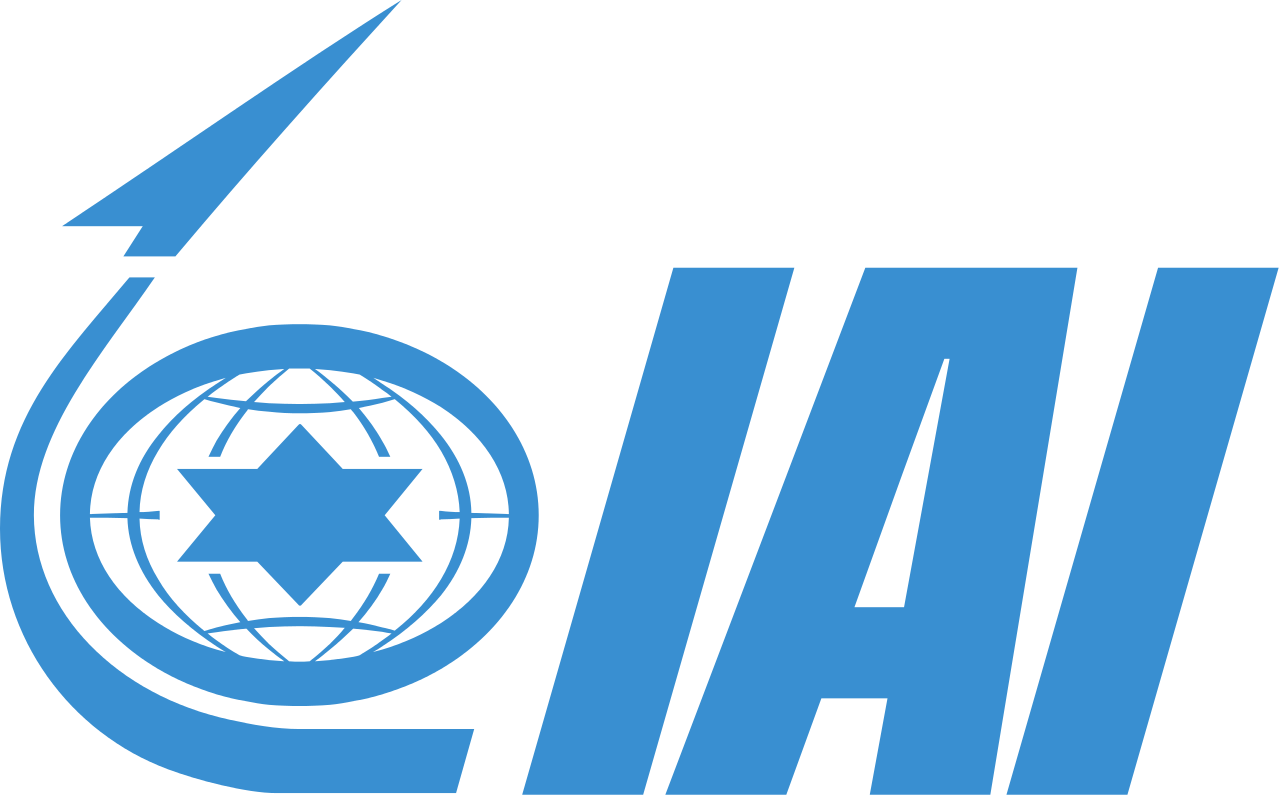


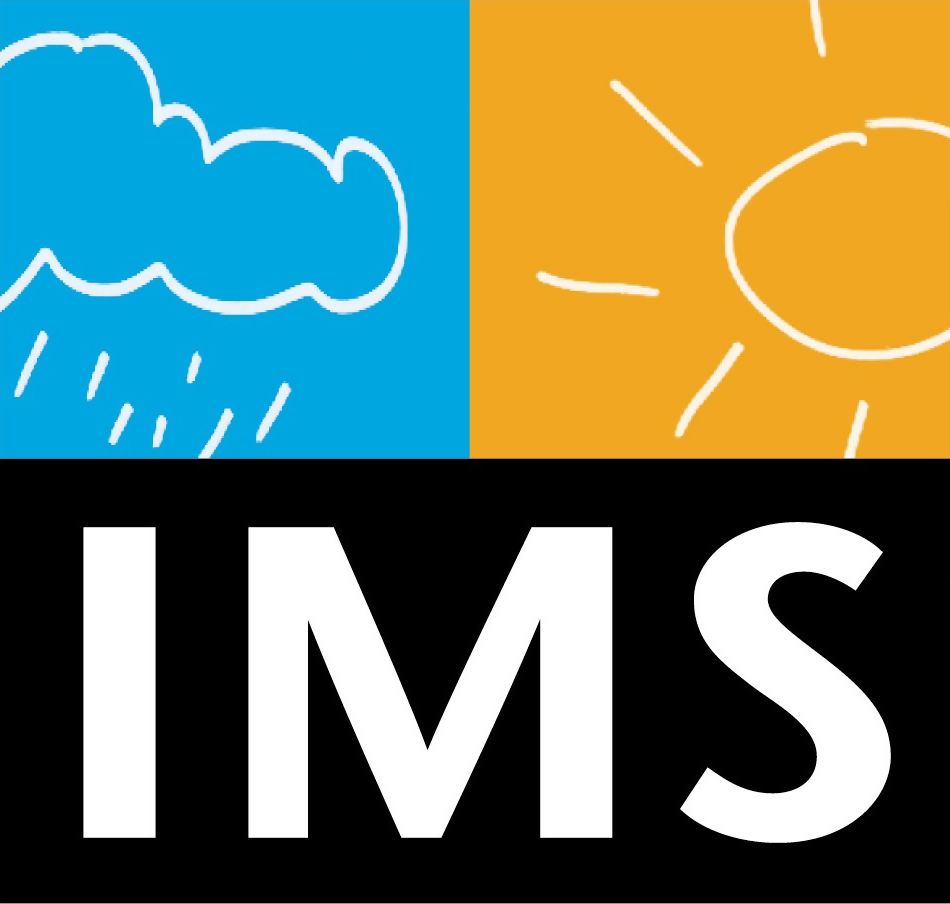



以色列爱乐乐团的建立首先要归功于胡伯曼这位对音乐有着崇高理念的世界著名的小提琴家,他一直认为:“艺术不仅仅是个人的活动,更是将个人与大众的心灵、情绪的总和、思想、期待甚至是失望,全部连结起来的表达。自从建立之日起,以色列爱乐乐团就开设了专门为年轻人而举办的系列音乐会,以一些轻松的古典音乐作品来向青少年展示音乐世界的优美和迷人。
以色列建国初期,著名波兰犹太人小提琴大师布罗尼斯拉夫·胡伯曼组建了后来成为以色列最重要的音乐团体。胡伯曼花了近三年时间劝说东欧和德国交响乐团的犹太裔首席音乐家们移居巴勒斯坦,这些人因纳粹而丢掉了工作。1936年12月26日,在传奇人物阿尔图罗·托斯卡尼尼的指挥下,这支在当时叫做巴勒斯坦爱乐乐团的乐队进行了首场演出。随着1948年以色列赢得独立,这支乐团正式更名为以色列爱乐乐团(IPO),评论家们赞其为“独奏家组成的交响乐团”。
 Party and government
Party and government

 Economy and trade
Economy and trade
 Exhibition
Exhibition
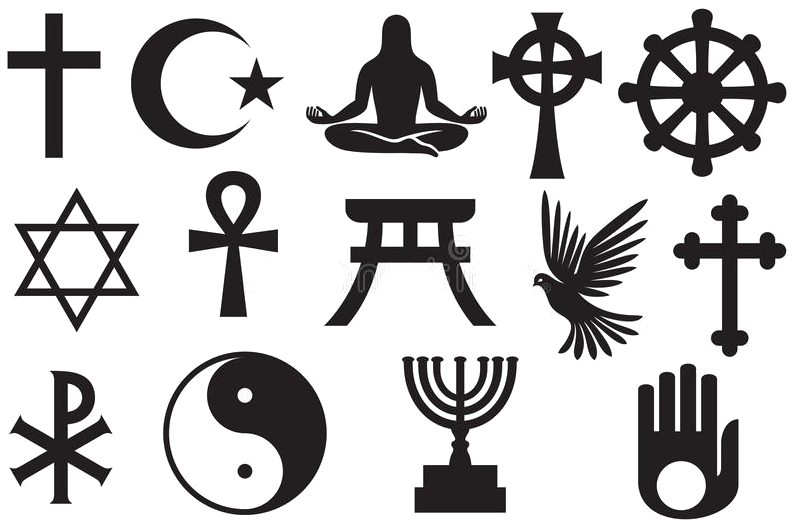 Religion
Religion
 Architecture
Architecture
 History
History
 Art
Art
 Literature
Literature
 Music
Music
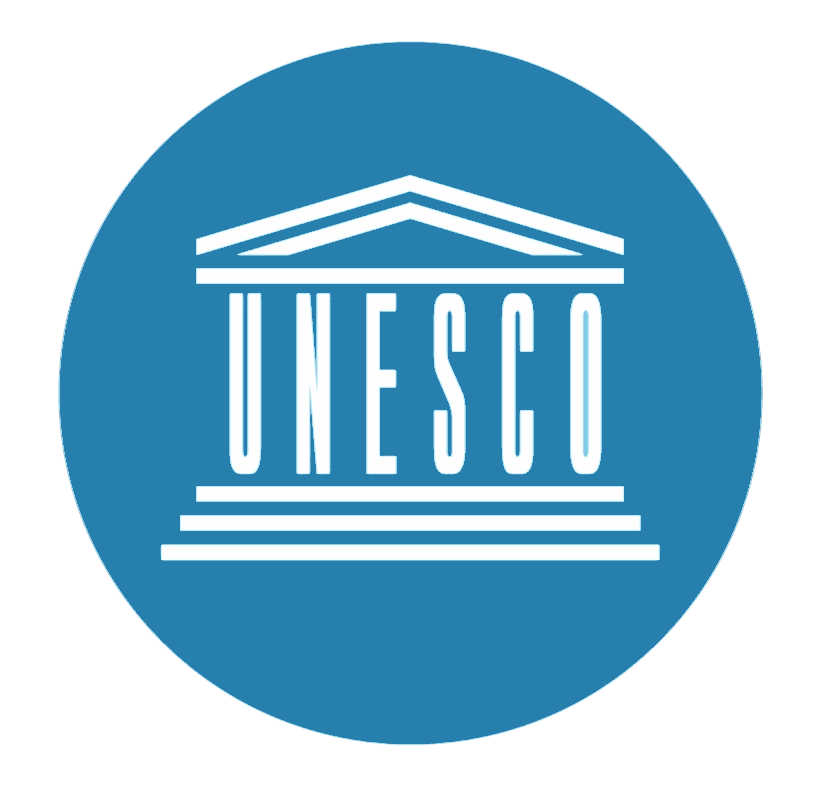 World Heritage
World Heritage
 Geography
Geography
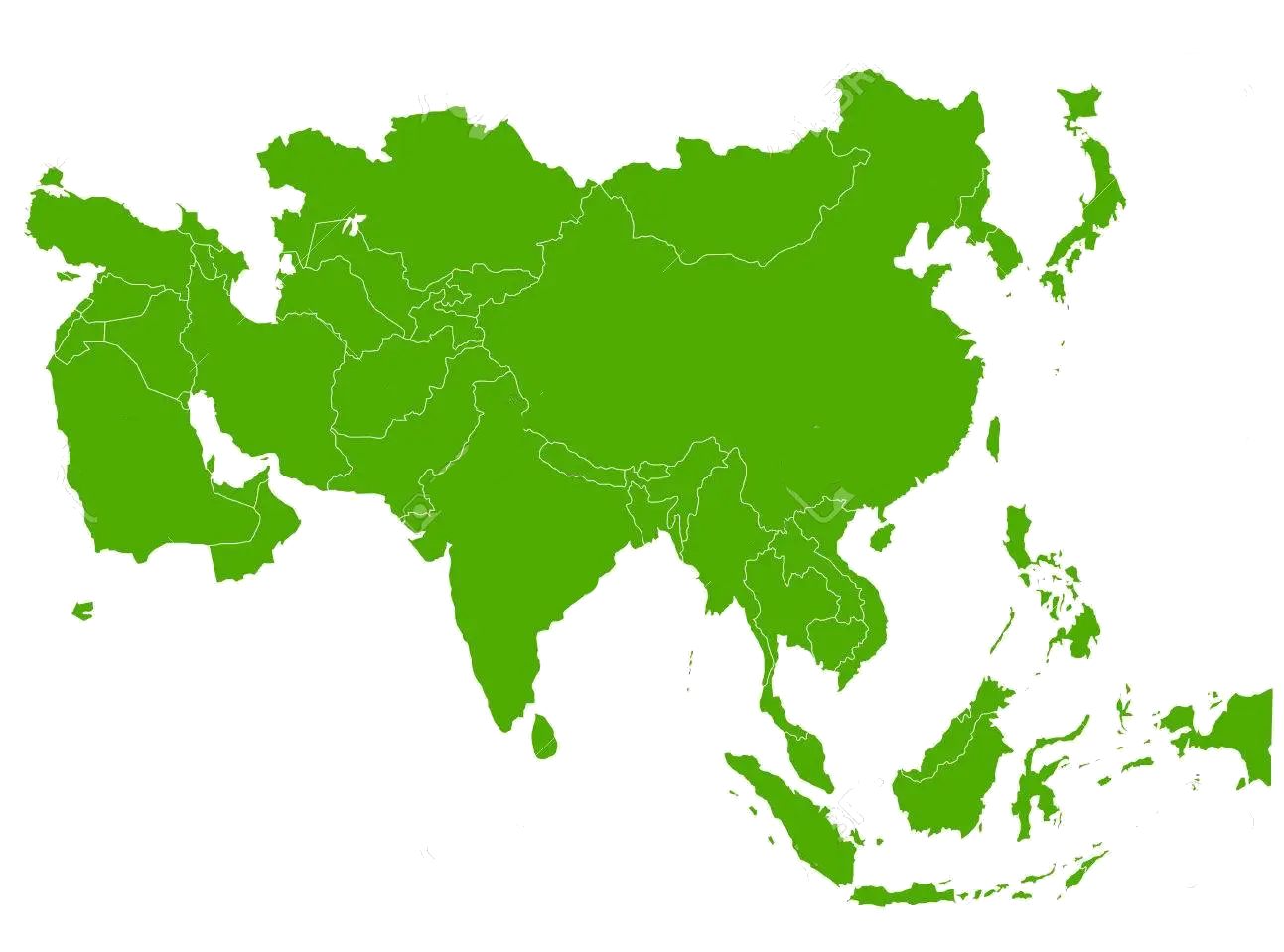 States of Asia
States of Asia
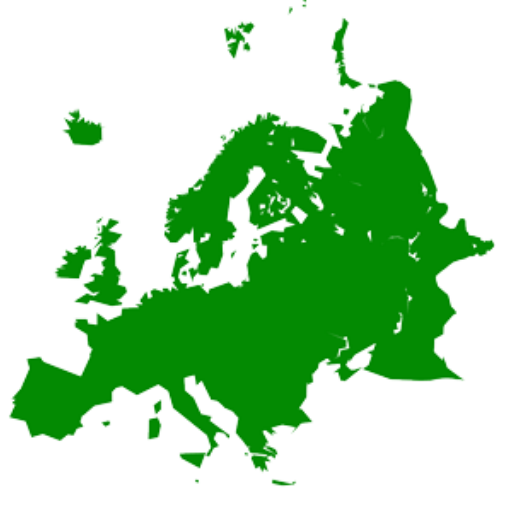 States of Europe
States of Europe


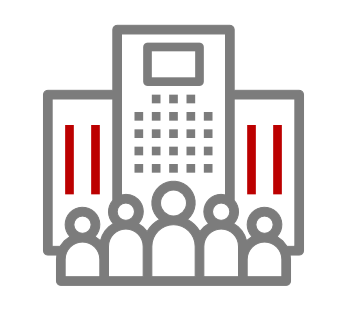 Companies
Companies

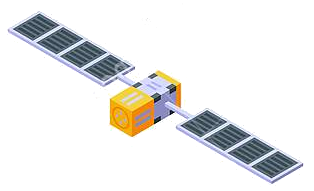
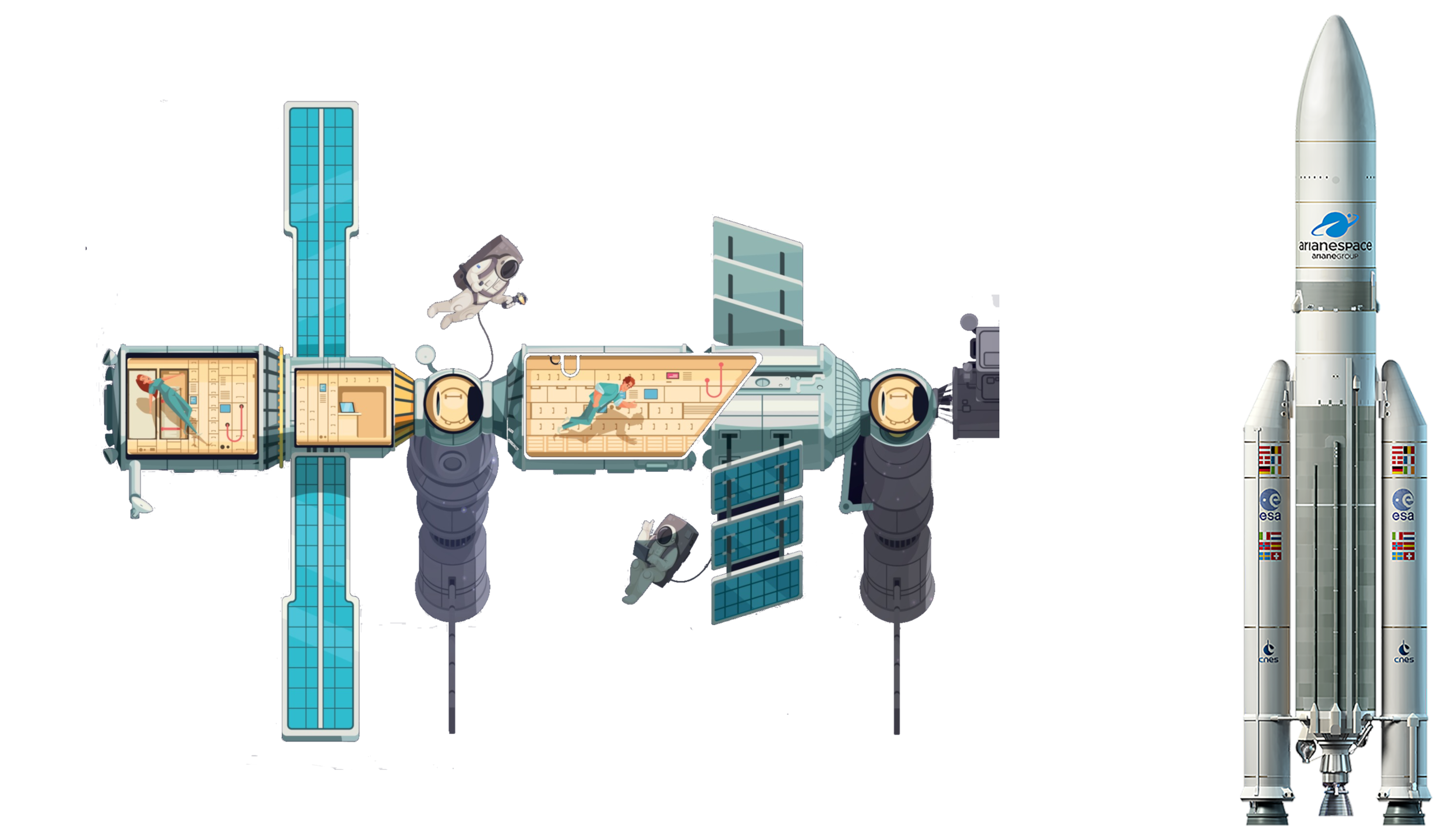 Aerospace
Aerospace

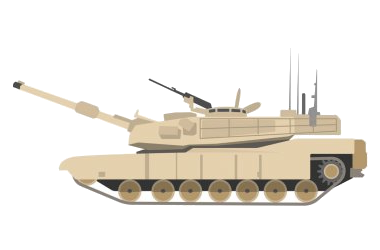

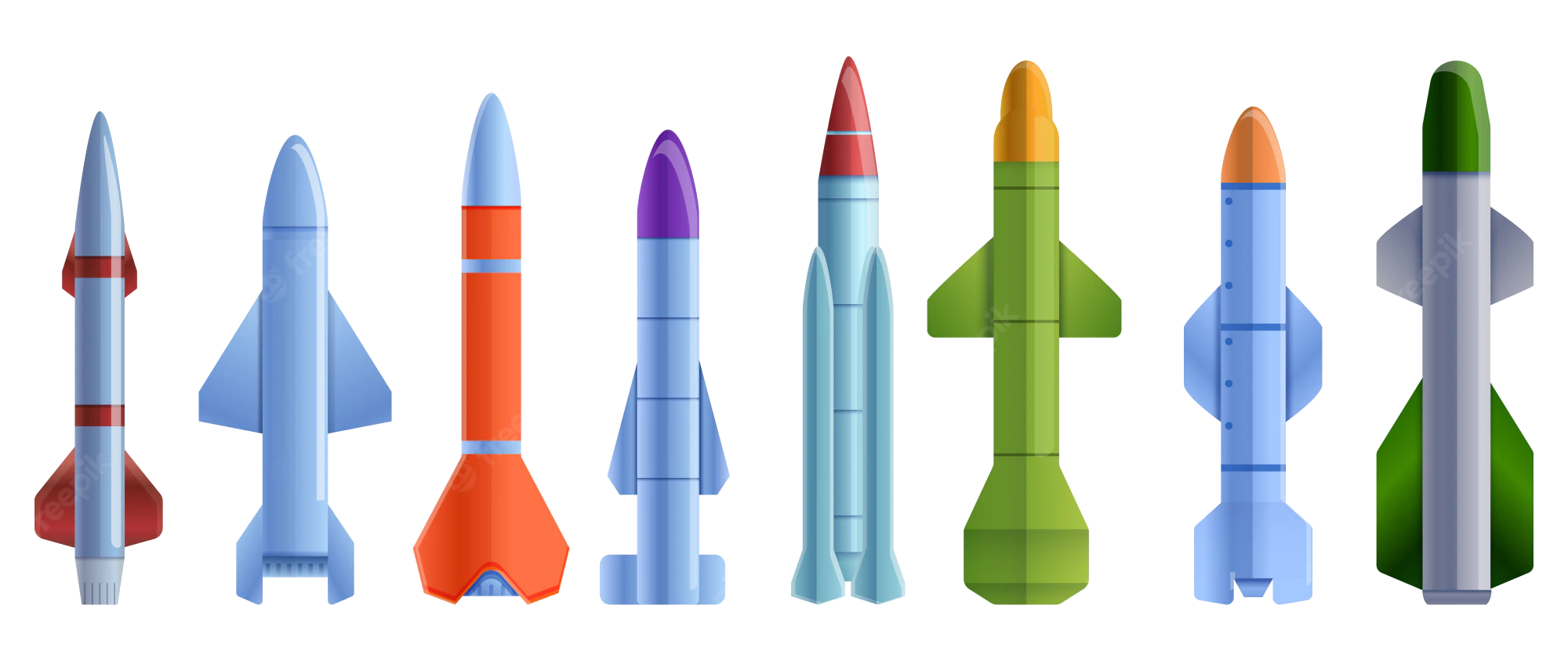 Military, defense and equipment
Military, defense and equipment
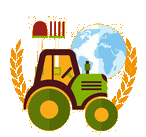 Agriculture, forestry, livestock, fishing
Agriculture, forestry, livestock, fishing
 Financial
Financial
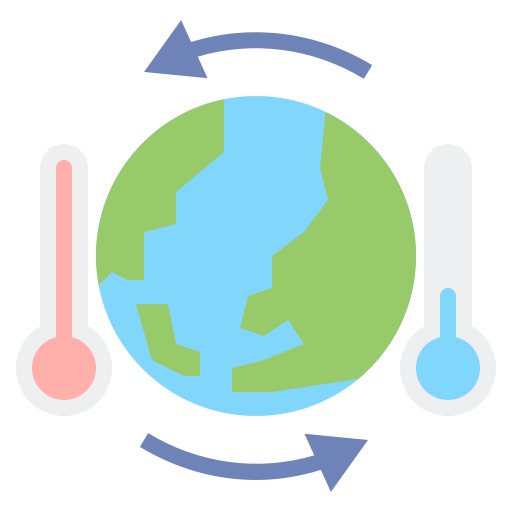 Climate
Climate
 Hand in Hand
Hand in Hand
 Science and technology
Science and technology
 Performing Arts
Performing Arts